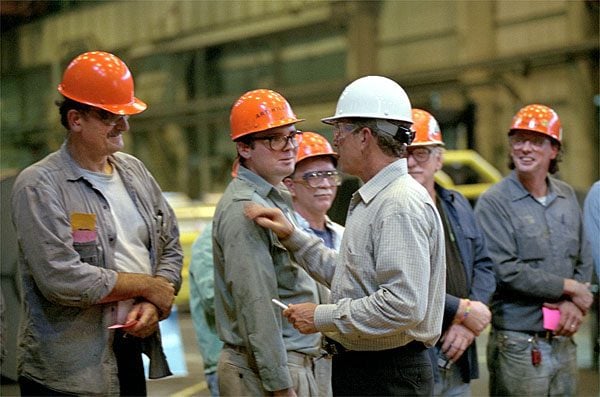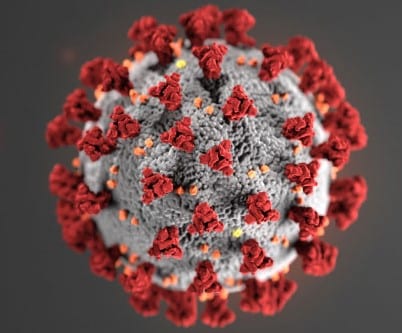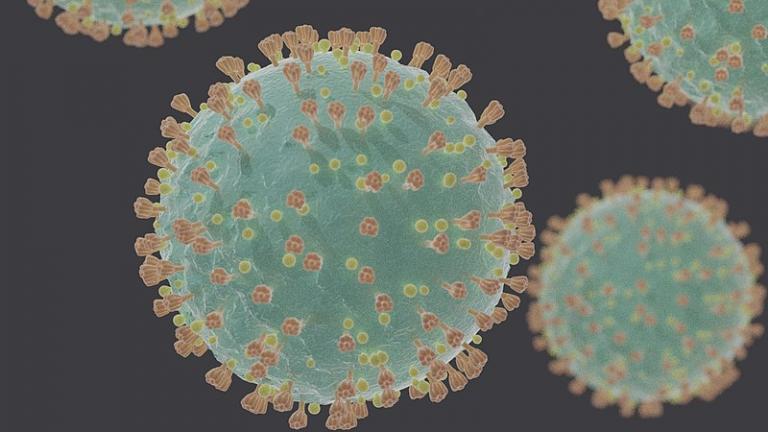
In the news/media recently:
“Out of pandemic crisis, what could a new New Deal look like?” Michael Tackett and Josh Boak, Associated Press.
[N]early 90 years [after the original New Deal], the United States is fighting a disease that presents the country with wrenching life-and-death challenges. Yet at the same time, it has served up something else as well: a rare opportunity to galvanize Americans for change. . . .
Yet the coronavirus outbreak has also revealed how ill-equipped the government was to address the rapidly escalating fallout of 26 million job losses, overwhelmed hospitals and millions of shuttered businesses only weeks away from failure.
“We basically have a 21st-century economy wobbling on a 20th-century foundation,” said Rahm Emanuel, the former mayor of Chicago and chief of staff to President Barack Obama. “We need to upgrade the system to have a 21st-century economy in all respects.”
At Curbed, “Stimulus isn’t enough. Our cities need a post-pandemic New Deal,” by Patrick Sisson.
Imagine, during the era of social distancing, American transit transformed, with space for cars given over to bike lanes, walking paths, shared streets, and more valuable pedestrian-first infrastructure. Envision environmental priorities coming first: renewable energy, buildings retrofitted to cut carbon emissions and eliminate natural gas. Investments in transit and affordable housing, at a time when paying rent is more of a burden than ever. We’ve come to love the clear skies being attributed to the current coronavirus-led economic slowdown. Let’s invest money and make it permanent.
At NJ Spotlight, “We Need a ‘Marshall Plan’ to Save Infrastructure of Primary Care, Public Health,” by Ray Saputelli, executive vice president of the New Jersey Academy of Family Physicians.
Our war against the coronavirus is far from over, but we must start planning now so this type of public health crisis and the economic devastation it has caused never happen again. We need a Marshall Plan for our primary care and public health infrastructure. . . .
Our Marshall Plan strategy includes investments across multiple sectors of the health care system to modernize care delivery, so it is focused on regional, organized systems of care committed to population health management that balances access and relational continuity. . . .
We have an unprecedented opportunity to redesign our health care system so that it truly serves Americans and the professionals who care for them. We must save our frontline primary care and public health professionals and in so doing set the foundation for a better way of delivering and paying for care.
You know you’ve seen other examples. Heck, in my prior post, a reader commented that
if we make responsible choices, there is a good chance we will come out of it a stronger, better, and more just nation
because
all but the most jaded American will realize how much of the status quo hasn’t worked out for us: the gross income inequality, a weakened safety net, spotty health care and nutrition access, all added to this virus being more of a catastrophe than it had to be if we were better situated. These are all things the next administration will need to address, and the sooner the better.
At the same time, there are endless examples of ways in which the shelter-in-place orders are causing real harm that can’t simply be fixed by more government checks.
In the long term, we don’t have a template to follow to predict the effects on the economy. Will “business as normal” resume when restrictions are lifted? Will entrepreneurs who previously depended on the hospitality, entertainment or tourism industries, find new ways of earning a living? Will the toolkit of stimulus checks, infrastructure jobs, and the like work if massive numbers of businesses have simply shut down, and their owners have exhausted all their capital so simply do not have the funds to start up again later? There are massive unknowns.
In the short-term, very few of the “elective” medical and dental procedures which have been cancelled are truly optional — yes, my son would like to get his braces off sooner rather than later, but a deferral won’t be the end of the world. But dental check-ups have a purpose, to catch cavities while they’re small, among other reasons. Prenatal exams foregone risk poor outcomes in pregnancies. Missed cancer screenings can cost lives. And hospitals simply can’t “shut off” now and “restart” later as if we were simply turning a machine off and on; will they really be able to turn on a dime to recall furloughed staff?
Children are losing educational opportunities.
Everyone is losing the ability to recreate outdoors, which isn’t simply a matter of personal enjoyment but physical and mental health. We’re losing the ability to exercise at the gym/health club/fitness center — and don’t be snide and say we can work out in our homes because not everyone has a home gym or other ability to exercise at home.
Alcoholism and domestic violence are on the rise.
And that’s without addressing the fact that the American government is generally not skilled at bureaucracy, and no matter how extensive government supports are, people WILL fall through the cracks, WILL seek help at food banks, WILL struggle to pay the bills, even in an idealized radically-new social welfare state.
And governor after governor refuses to acknowledge what’s going on here. Too many people consider any expression of concern about the consequences of a single-minded focus on keeping the number of COVID-19 cases low, as “wanting to kill granny.”
This is what concerns me: that the decision-making about the severity and duration of shelter-in-place measures is being made, whether knowingly or without deep reflection on the matter, with some assumption that these economic harms will themselves be mitigated by a future “New Deal” or “Marshall Plan” so that they need not be taken into account. In some cases — though I would hardly want to assign this point of view to any politician in particular — is it not possible that they are even adopting a “never let a crisis go to waste” mindset with the hope that the economic chaos and dislocation will enable them to achieve long-desired political change — universally government-provided healthcare, government-funded child care, mandatory sick leave, government jobs programs on a massive scale, even a “basic income”?
And knowing that these hopes and dreams are out there, I simply cannot be confident that Gov. Pritzker and others in Illinois are evaluating the situation taking into account the full set of ramifications of their actions, instead of discarding some of these issues or building in expectations that economic harms will have the silver lining of forcing their desired future changes.











